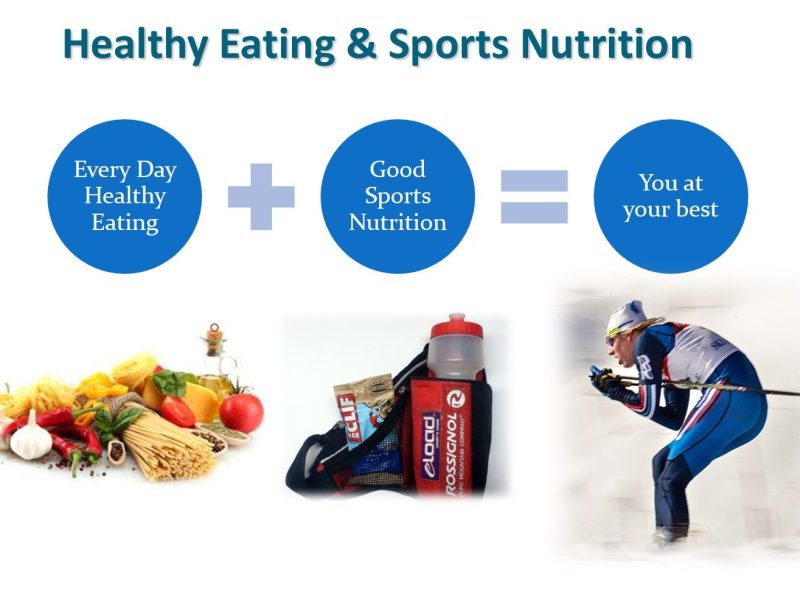Social eating situations can often be challenging, whether you’re trying to stick to a specific diet, have dietary restrictions, or simply want to make healthier choices. It’s common to find yourself in situations where it feels impossible to maintain your healthy eating habits. However, with some planning and strategies, you can successfully manage social eating occasions without compromising your health goals.
1. Communication is Key
One of the most effective ways to navigate social eating situations is through open and honest communication. If you have dietary restrictions or preferences, it’s important to let your host or the restaurant know in advance. This will allow them to make necessary accommodations for you and ensure that there are suitable options available.
Additionally, don’t be afraid to reach out to your friends or acquaintances before the event and discuss your dietary needs. They may be expecting you to participate in the event without realizing your limitations. By having a conversation beforehand, you can alleviate any potential stress or discomfort.
2. Offer to Bring a Dish
If you’re attending a potluck or a gathering where everyone contributes a dish, take this opportunity to prepare a healthy option that aligns with your eating habits. By bringing your own dish, you can guarantee that there will be at least one item on the menu that you can enjoy guilt-free. Furthermore, you’ll be providing others with a tasty and nutritious alternative as well.
When preparing your dish, keep in mind the dietary preferences and restrictions of the other attendees. By doing so, everyone can find something they can enjoy, and you’ll be contributing to a more inclusive and diverse spread of food.
3. Be Mindful of Portion Sizes
While attending social eating situations, it’s easy to get carried away and overindulge in the abundance of food. To prevent this from happening, be mindful of your portion sizes. Pay attention to your hunger levels and stop eating when you feel satisfied, rather than simply when your plate is empty.
It can also be helpful to opt for smaller plates or bowls if they are available. Research suggests that using smaller utensils and plates can trick your brain into feeling more satisfied with smaller portions.
4. Seek Out Balanced Options
When faced with a buffet or a wide variety of food options, look for choices that are balanced and nutritious. Aim for a combination of lean protein, whole grains, and plenty of vegetables. Fill your plate with colorful and diverse ingredients to ensure you’re getting a good mix of vitamins and minerals.
Try to avoid dishes that are deep-fried, creamy, or sugar-loaded, as they tend to be higher in calories and unhealthy fats. However, it’s also important to treat yourself occasionally and not feel deprived. Indulging in a small portion of your favorite dessert or dish can help you maintain a balanced approach without feeling restricted.
5. Practice Mindful Eating
Mindful eating involves paying close attention to your food, savoring each bite, and being fully present during meals. When practicing mindful eating, you’ll be more likely to make conscious choices about what and how much you eat.
Take your time to chew your food thoroughly and savor the flavors. This will not only help you eat more slowly but also allow your body to recognize when you’re satisfied, preventing overeating.
6. Have a Support System
Having people who support your healthy eating goals can be incredibly helpful in social eating situations. Share your goals and challenges with a trusted friend, family member, or even an online community. They can offer encouragement, advice, and accountability to help you stay on track.
Consider finding a like-minded individual who shares similar dietary preferences or restrictions. By attending events together, you can provide each other with motivation and reassurance.
7. Remember to Enjoy Yourself
Lastly, it’s important to remember that social eating occasions are ultimately about connecting with others and enjoying yourself. While it’s essential to be mindful of your food choices, don’t forget to relax and have fun. Focus on the conversations, laughter, and memories rather than solely fixating on the food.
Use the HTML markup provided above in your article to ensure a proper structure and formatting. Remember to also incorporate your own personal experiences and insights to make the article informative and engaging for the readers. Happy writing!


